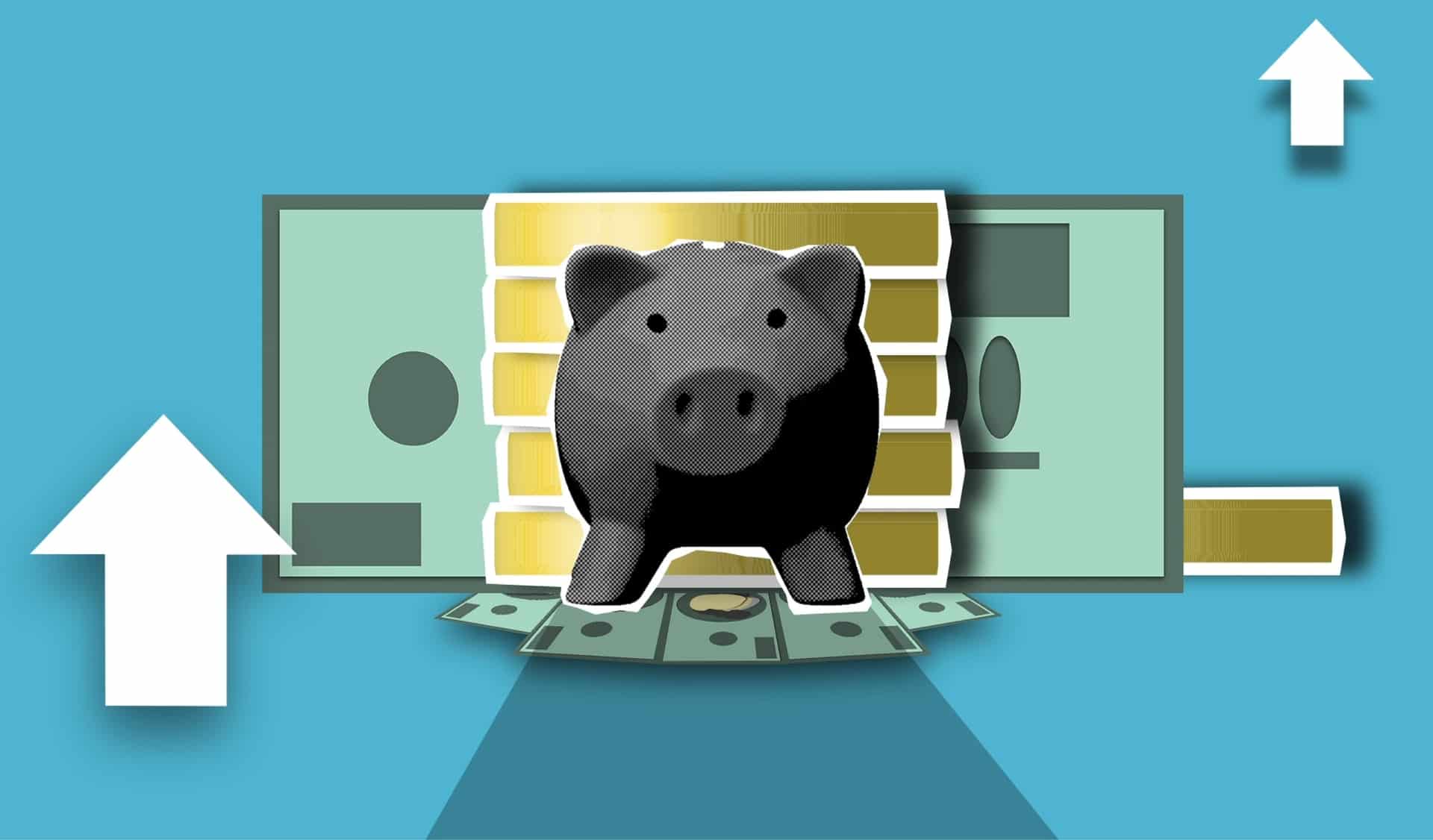Overview: Unique Tax Considerations for Shareholder-Employees of a Corporation
It is not uncommon within incorporated family businesses or other closely-held private corporations for the shareholders of that business to also act as the employees of the corporation’s business. The concept that a person can be a shareholder, director and an employee of a corporation simultaneously remains a long-standing principle of Canadian common law. This right allows for closely-knit groups to organize their business affairs while leveraging tax deferral opportunities and preferential tax rates like the small business deduction from which qualifying Canadian corporations benefit.
There are many unique tax challenges that such incorporated small businesses face that more widely held or public corporations do not, however. As one example, owner-managed and closely held corporations may face additional challenges when those shareholder-employees are compensated or receive other benefits from the corporation. Determining in what capacity a shareholder-employee receives compensation can have significant consequences for tax purposes not only for the shareholder-employee but also for the corporation itself and failing to take this distinction into account can create adverse tax consequences.
This article will begin by discussing the provisions of the Canadian Income Tax Act that govern the taxation of employee benefits and of shareholder benefits. We will then touch on the laws and policies that determine in what capacity a shareholder-employee receives a particular benefit from a corporation, and the consequences for both the shareholder-employee and the corporation when that compensation is classified as an employee benefit or a shareholder benefit. Finally, we will conclude with some expert Canadian tax lawyer pro tax tips on how best to avoid the mischaracterization of what benefits you receive as a shareholder-employee of your corporation.
Taxation of Employee Benefits and Shareholder Benefits Under the Income Tax Act
Under paragraph 6(1)(a) of the Canadian Income Tax Act, broadly speaking, a benefit that is received by a taxpayer by virtue of that taxpayer’s employment will be included in that taxpayer’s income. To be more specific, so long as: (1) that benefit is received by the taxpayer or another person who is not at arm’s length with the taxpayer by virtue of that taxpayer’s office or employment; and (2) that benefit is not excepted from taxation by another exception provided by section 6 of the Canadian Income Tax Act, then that benefit will be taxable.
Whether a particular benefit is received by virtue of a taxpayer’s employment requires determining whether the taxpayer received something primarily for the benefit of the taxpayer’s employer, or whether it was primarily for the benefit of the taxpayer as the employee. A taxpayer will not receive a taxable employee benefit if any personal enjoyment derived from the benefit is incidental to its business purpose. Work cellphones that are used primarily for business purposes, specific employer-provided child care services, employee discounts not below cost, nominal non-cash gifts, and work travel for an employer’s benefit are common examples of employee benefits that may be non-taxable. For the purposes of paragraph 6(1)(a), the taxable value of a particular employee benefit is generally the fair-market-value of the benefit less any amount that was paid by the employee for the benefit, unless a fair-market-value valuation would otherwise be inappropriate on the facts. As an administrative matter, the CRA also publishes policy guides exempting specific gifts and benefits from being treated as taxable employee benefits. You can read more about the CRA’s most recent updates to that policy following the COVID-19 pandemic in our article here. You can also learn about Canadian gift tax.
A similar rule is imposed where a shareholder of a corporation receives a benefit from that corporation. Under subsection 15(1) of the Canadian Income Tax Act, a benefit that is conferred by a corporation onto a shareholder or a contemplated shareholder of the corporation will be taxable. This will be the case so long as the benefit is not otherwise exempted from taxation, such as if the distribution is actually the paid-up capital of the corporation returned to the shareholder on a tax-free basis. In order to be taxable, the purpose of the distribution must be to benefit or otherwise advantage the taxpayer in the taxpayer’s capacity as a shareholder of the corporation. As the Exchequer Court found in the seminal case Minister of National Revenue v. Pillsbury Holdings Ltd., 64 DTC 5184, an ordinary commercial transaction between a corporation and a shareholder will not trigger subsection 15(1) so long as there was a legitimate business purpose motivating that transaction.
Classifying a Benefit as an Employee Benefit or a Shareholder Benefit
A shareholder-employee of an incorporated small business may take an active role in managing and operating the corporation’s business. In turn, the shareholder-employee may choose to receive a salary, a wage, or some other form of remuneration. That shareholder-employee may also draw from the corporation’s retained earnings by way of corporate dividends or appropriate the assets of the corporation. There is no single scheme of compensation for the shareholder-employee of an incorporated small business, because the degree of separation between the corporation and its management is far smaller than with a widely held or public corporation.
It is quite conceivable then that when a shareholder-employee receives a benefit from a corporation, it could be by virtue of being an employee or being a shareholder of the corporation. Whether a benefit is received by a shareholder-employee in the capacity of an employee or as a shareholder will always be a question of fact. Where a benefit is received by a shareholder-employee, then it must be received as either a shareholder or an employee, and the same benefit cannot be received in the capacity of both.
One factor that the courts have generally considered when determining in what capacity a benefit was conferred is whether that benefit would otherwise be available to the other employees of the corporation, or whether it would only be available to the shareholders of the corporation. The CRA has adopted a similar view in a number of its published Income Tax Folios and Technical Interpretations, and while those published views do not hold force of law they are still treated as important interpretive aids by the courts. In particular, in its Income Tax Ruling 2010-0382741E5 the CRA commented:
“There is a general presumption that an employee-shareholder receives a benefit by virtue of his or her shareholdings in those situations where the shareholder, or shareholders, can significantly influence business policy, except where the individual is able to establish otherwise. Exceptions to this presumption would be a situation where the benefit is available to all employees of the corporation under the same or similar circumstances, or a situation where the benefit is comparable in nature and quantum to benefits generally offered to employees who perform similar services and have similar responsibilities for other employers of a similar size.”
The temptation may then be to simply conclude that because a shareholder-employee holds a significant or controlling interest in the shares of a corporation that a particular benefit is received in the capacity of a shareholder. However, even in cases where only a small nexus exists between the benefit received and the shareholder’s office or employment, the courts have ruled the benefits were received as employee benefits. Determining whether a benefit is received by virtue of being a shareholder or employee of a corporation remains an extremely fact-specific analysis.
The Possible Consequences of Classifying a Benefit as an Employee Benefit or a Shareholder Benefit
The proper classification of the benefit will have significant consequences for the corporation itself. Under paragraph 18(1)(a) of the Canadian Income Tax Act, a business is entitled to deduct from its income from a business or property any expenses made or incurred for the purpose of gaining or producing income. Employee expenses are generally treated as deductible for an employer from its income under paragraph 18(1)(a) of the Canadian Income Tax Act, subject to what limitations are imposed by the remainder of the provision such as in cases of personal and living expenses, capital outlays, and meals and entertainment. Where those benefits are bonuses paid to the shareholder-employee, then typically there is no limit to the deductibility for those payments. On the other hand, a corporation will generally be unable to deduct a shareholder benefit that it has distributed from its income because it cannot be reasonably said that the expense to pay that benefit to a shareholder was incurred for the purpose of gaining or producing income.
Pro Tax Tip – Just Because a Benefit is an Employee Benefit Does Not Make it Automatically Deductible. Reasonableness Matters.
In order for an employee benefit to be deductible, it must also not run afoul of section 67 of the Canadian Income Tax Act. Section 67 of the Canadian Income Tax Act imposes a general limitation on expenses and disallows any deduction to the extent that is unreasonable in the circumstances. Determining the reasonableness of an expense is a very fact-driven analysis and can only be evaluated on a case-by-case basis. Broadly speaking, however, it involves a quantitative review of the expense, and where the expenses are unreasonable in the sense that no reasonable businessperson would contract to pay the amount of the benefit, then the expense can be denied in whole or in part. Thus, even if the benefit is characterizable as an employee benefit, one still needs to be mindful of the reasonableness of that benefit. While the concept of reasonableness is nebulous, the courts have proven more willing to treat bonuses and benefits paid to active shareholder-employee as reasonable than to a shareholder-employee who is not actively engaged in the corporation’s business.
Given how nuanced the classification of a benefit as an employee benefit or a shareholder benefit can be, it is crucial that you act proactively and seek professional Canadian tax lawyer advice when deciding on a compensation structure for your family-run or closely-held incorporated business. Failing to seek expert tax consulting advice could easily offend Canadian tax principles concerning taxable benefits and land you in uncertain waters, and recharacterization of your benefits as shareholder benefits by the CRA can prove to be very costly. If you are considering a new compensation scheme as a shareholder-employee, you should absolutely consult with one of our expert Toronto tax lawyers to provide appropriate corporate tax planning advice and to avoid these potential pitfalls.
FAQs
How are employee benefits and shareholder benefits taxed under the Canadian Income Tax Act?
Under paragraph 6(1)(a) of the Canadian Income Tax Act, broadly speaking, a benefit that is received by a taxpayer by virtue of that taxpayer’s employment will be included in that taxpayer’s income. A taxpayer will not receive a taxable employee benefit if any personal enjoyment derived from the benefit is incidental to its business purpose. On the other hand, under subsection 15(1) of the Canadian Income Tax Act, a benefit that is conferred by a corporation onto a shareholder or a contemplated shareholder of the corporation will be taxable. An ordinary commercial transaction between a corporation and a shareholder will not trigger subsection 15(1) so long as there was a legitimate business purpose motivating that transaction.
When is a benefit an employee benefit or a shareholder benefit for a shareholder-employee of a corporation?
Whether a benefit is received by a shareholder-employee in the capacity of an employee or as a shareholder will always be a question of fact. Generally speaking, a benefit will be received by a taxpayer in the capacity of an employee where that particular benefit is available to all employees of the corporation under the same or similar circumstances, or where the benefit is comparable in nature and quantum to benefits generally offered to employees who perform similar services and have similar responsibilities for other employers of a similar size.
Are all employee benefits deductible for an employer?
In order for an employee benefit to be deductible, it must also not run afoul of section 67 of the Canadian Income Tax Act. Section 67 of the Canadian Income Tax Act imposes a general limitation on expenses and disallows any deduction to the extent that is unreasonable in the circumstances. Determining the reasonableness of an expense is a very fact-driven analysis and can only be evaluated on a case-by-case basis.
Disclaimer
Only general information is provided in this article. Only as of the publishing date is it current. It hasn’t been updated, therefore it might no longer be relevant. It cannot or ought not to be relied upon because it does not offer legal advice. Each tax circumstance is unique to its facts and will be different from the instances described in the articles. You should contact a lawyer if you have specific legal inquiries.



